If you’ve been perusing your local pharmacy or supermarket, then you’ve probably noticed a sudden influx of probiotic supplements. Maybe you’ve also seen all the pre and posbiotic supplements and are just wondering what the difference between all them are. If these thoughts are even remotely close, then question no longer! Just keep reading and find out all the differences between all the -biotics, the benefits of probiotics for your body, and how you can easily incorporate them into your daily life!
What are Probiotics?
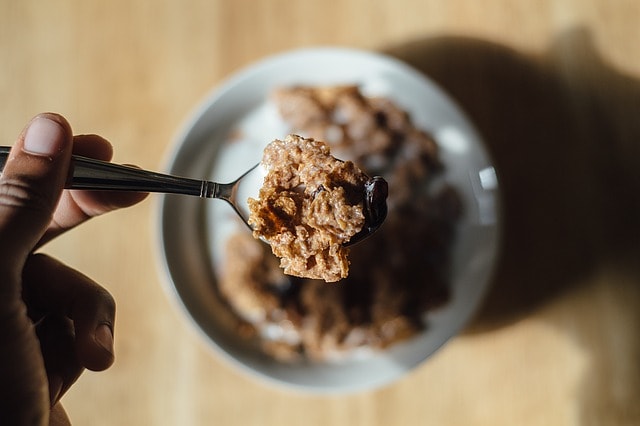
Probiotics are living micro-organisms that are found in a wide variety of food and dietary supplements. These micro-organisms are widely beneficial to your health which is why there has been a recent surge of probiotic-rich foods like kombucha, sauerkraut, and kimchi in the market these days.
Chances are you probably associate micro-organisms, bacteria, fungus, and yeast with super-bugs and sickness. Fair enough, its hard to imagine how taking bacteria could help you stay healthy. But no, probiotics are actually already found within every healthy body and some of them are absolutely vital to our health and wellbeing.
Some of the most commonly found gut bacteria in adults are Bifidobacterium, Lactobacillus, Bacteroides, Clostridium, Escherichia, Streptococcus, and Ruminococcus alongside yeasts and other microbes. You may have hundreds of species within your gut but the human population as a whole has well over thousands. Together, they colonize your gut and the good bacteria live symbiotically with your body, conferring several health benefits.
5 Major Health Benefits of Probiotics
Probiotics are most useful when our gut bacteria are out of balance by helping out our friendly bacteria to fight the not so friendly ones. Since our gut is where we digest our food and draw our energy, its vital that we keep it healthy. Doing so helps ensure our entire bodies are at their best and the health benefits can include:
1. Improve Digestive Health
Lets start off with the most intuitive benefit. Probiotics help our entire gut and digestive systems stay healthy by helping fight off any bad bacteria that might be sticking around down there. This helps ward off long-term digestive issues such as obesity and reduce symptoms of digestive disorders like ulcerative colitis.
2. Boost Immunity
By helping prevent the growth of harmful gut bacteria our body can more easily create antibodies and immune cells. This in turn means we can better fight off diseases and infections throughout our body.
3. Stronger Mental Health
Recent research has linked gut health to our mental health, and thusly keeping our stomachs happy helps keep us happy. Studies have shown that taking probiotics regularly can have major benefits for our mental healthy by helping to reduce anxiety, depression, and even obsessive compulsion disorders.
4. Clearer Skin
You might not expect it but like our gut, our skin houses an incredibly complex microbiome of cells and bacteria that are constantly replacing skin cells, generating fatty acids, and repairing itself. Probiotics helps by giving them enough energy to function at their best. If probiotics are not enough, you can even consider using prebiotics to help out our probiotics even more. Using probiotics will help ensure your skin stays healthy and beautiful.
5. Lose Weight
Rounding out our list is the simple fact the using probiotics can help us lose uneeded weight and belly fat. Probiotics do this through a variety of methods such as making our digestive system more effective at burning more calories while storing less fat. Another method is through absorbing less dietery fat in the intestine, ensuring it leaves our body through the toilet rather than stay behind in fat. However you should remember that not all probiotics achieve this and if losing weight is the aim then its advised you ensure that your probiotic of choice helps weight loss.
What are prebiotics and postbiotics? Aren’t they the same as probiotics?
If you’ve been hearing about probiotics, chances are you’ve also heard about prebiotics. And if you’ve heard about prebiotics you might have also heard about postbiotics. So many -biotics! However, while these terms all sound like each other, in practice they’re all quite different in purpose. Here are a few summaries of each -biotic, what they do, and how they differ from one another.
Probiotics
Probiotics are living beneficial microorganisms which include fungi, bacteria and yeast. The two most common strains of probiotics are Lactobacillus and Bifidobacterium. These are known to survive the entire length of the gastro tract and make it all the way to the gut. Probiotics need to be alive to have their desired effect and can be easily killed by heat, light, stomach acid, and moisture. They are consumed mostly as dietary supplements in the form of tablets, capsules, and powder forms, but are also found in certain foods.
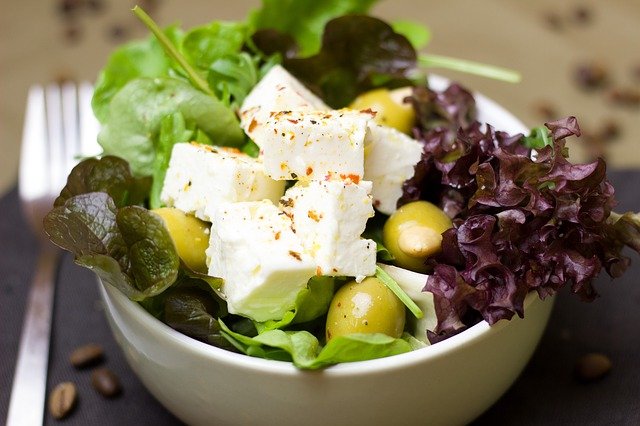
Prebiotics
Prebiotics can be thought of as the food or the fertilizer that we give to probiotics. These come in a variety of otherwise non-digestible compounds and are often found in everyday fruits, vegetables, and whole grains you’re likely already eating. Just a few examples of prebiotic foods include apples, garlic, soybeans, wheat, and cocoa. They are essentially fiber and cannot be destroyed by conditions that would easily kill probiotics. As such they occur naturally in a whole range of food products which are high in fiber.
Postbiotics
Postbiotics come after the prebiotics as the resulting byproducts from our probiotics helping our bodies. However, postbiotics are not just waste and are actively used to help keep our body healthy by helping support our immune systems. These can include fatty acids, enzymes, lipopolusaccharides, and other such long names used to describe vitamins and amino acids. Sometimes though, our bodies don’t produce enough postbiotics. In which case postbiotics can also be taken supplementally in the form of pills. Alternatively you could up the input of the prebiotics and probiotics to increase the output of the postbiotics.
If you’re still struggling to remember the differences between the three -biotics, then here’s a simplified table to help you!
| Probiotic | Prebiotic | Postbiotic | |
| What are they? | Living Beneficial Microorganisms | Food for the Probiotics | Byproducts produced by the probioctics |
| What do they do? | Support the healthy bacteria in our gut | Help boost the probiotics | Support our immune systems |
| How can you take them? | Medical Supplements or fermented foods | Fruit, Vegetables, and Whole Grains | Medical Supplements |
What Risks are Associated with Probiotics?
There is proof from individual studies and personal experiences that suggests a wide range of benefits of probiotics, but well-studied cases are few and far in between. Most of the benefits are said to be helpful in relieving digestive discomfort and supporting the immune system. Some are slightly more specific such as the prevention of colds, reduction in eczema, and mitigation of symptoms related to irritable bowel syndrome (IBS).
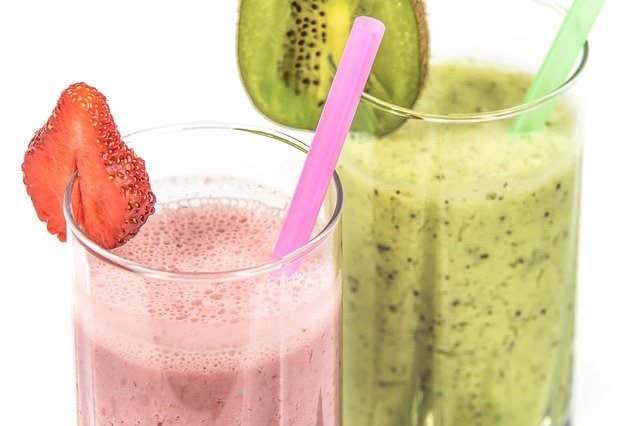
There are studies that have shown that probiotics have major benefits for those who have recently undergone a course of antibiotics. Antibiotics tend to eradicate the gut microbiome or kill the good bacteria with the bad. Probiotic supplements are highly effective at re-colonizing the gut following eradication, but this depends on many factors, including your health, your diet, and your medical condition. In other individuals the supplements simply pass through the gut without having any form of effect.
The most important thing to remember is that if you are healthy you probably do not need to consume probiotics. Most studies have shown that these supplements don’t affect the gut microbiome of healthy individuals and confer no medical benefits. In fact, they might have unexpected negative effects and so it is best to steer clear of such supplements and focus on consuming healthy food.
Know this before you begin with probiotics
If you are considering taking probiotics, keep the following in mind:
Microbial diversity is the cornerstone of a healthy gut. It is best to avoid consuming one type of probiotic for a long time. By switching it up, you can ensure optimal health of your gut.
Probiotics are known to be safe for healthy people but might pose risks for those who have compromised immunity. If you have any immunity-related conditions, do consult your medical practitioner before beginning any probiotic course.
Probiotics are usually available in fermented foods like sauerkraut or kombucha. These may have side effects such as gas and bloating when you start but these symptoms usually get better over time.
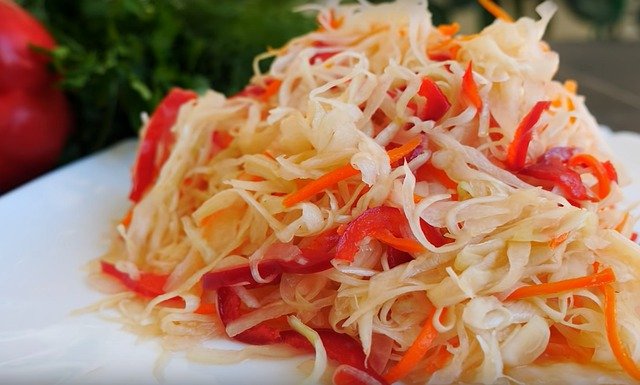
Probiotics work differently for everyone because no two gut ecosystems are the same. If you want to reap the benefits of probiotics you should consider taking them for a long time on a regular basis. Probiotics do not survive for long in the gut, so you should take them every day.
How to get your Probiotics from Natural Sources
The most common way to add probiotics to your diet is through dietary supplements like pills, powders, and tablets. However it is always recommended to get your probiotics from natural sources rather than through supplements as they contain other valuable nutrients.
The best way to safely take probiotics is through natural foods. If you aren’t convinced about supplements but want to enjoy the benefits of probiotics, you should consider eating different kinds of fermented foods.
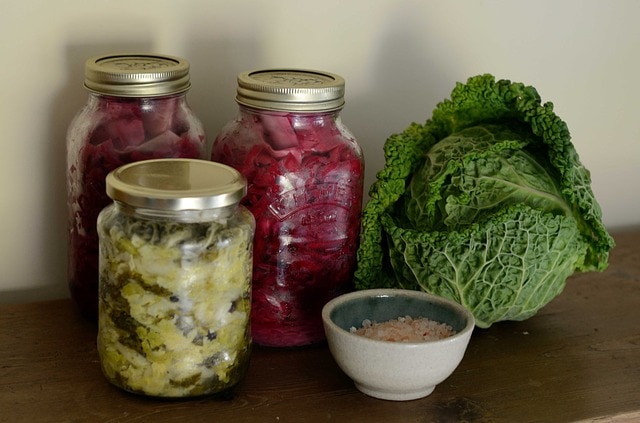
Here are some fermented foods that are teeming with all sorts of beneficial micro-organisms:
- Yogurt
- Kefir
- Sauerkraut
- Kimchi
- Kombucha
Alternatively you could also consider prebiotics to help your microbiome function at optimal capacity. These are non-digestible food components that boost the activity of the good bacteria found in our guts.
Prebiotics are essentially fiber, which means that a diet high in fiber is high in prebiotics. Include foods such as the ones below to get your daily fill of prebiotics:
- Bananas
- Asparagus
- Leeks
- Onion
- Garlic
- Tempeh
- Whole grains such as wheat, rye, barley and oats
The best way to support the microbiome is through a balanced and wholesome diet. A diet rich in fruits, vegetables, and whole foods fosters a healthy gut microbiome. Also ensure that you get regular exercise, avoid smoking and excessive drinking, and work on reducing stress to provide ideal conditions for a healthy gut.
How can I add probiotics to my daily diet?
The easiest breakfast is a bowl of muesli or granola with yoghurt, topped with berries or fresh fruit. The yoghurt adds a probiotic boost to the start of your day.
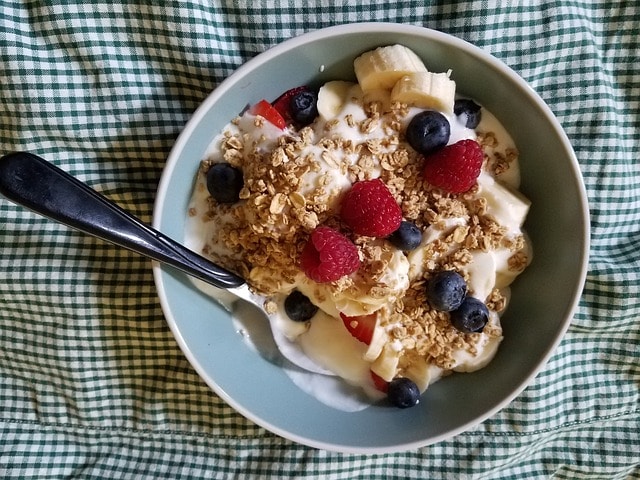
Add a scoop of kimchi, sauerkraut or pickled cucumbers to your meal to elevate its probiotic benefits. Sauerkraut and kimchi taste great in salads or sandwiches, but if you don’t like the taste, add it to your stir-fry or rice.
Try drinking kefir or kombucha once a day. Both of these drinks are tangy and may take some getting used to, but can be mixed with more flavourful ingredients for those who don’t like the taste.
Sourdough bread is a good way to introduce probiotics slowly to your body. The fermentation process of the dough makes it rich in probiotics and taste.
Want to do even more for your diet?
If you want to learn even more about how to improve your diet then you might want to consider reading these articles!
If you’re still on the fence about probiotics and their benefits, then you might want to discuss it further with a dedicated nutritonist. Avaana can help you compare and contrast your local nutritionists to make sure you choose the best one for you. Book today and even enjoy up to 20% off your first booking.
Be well, feel good, and smile a lot!



